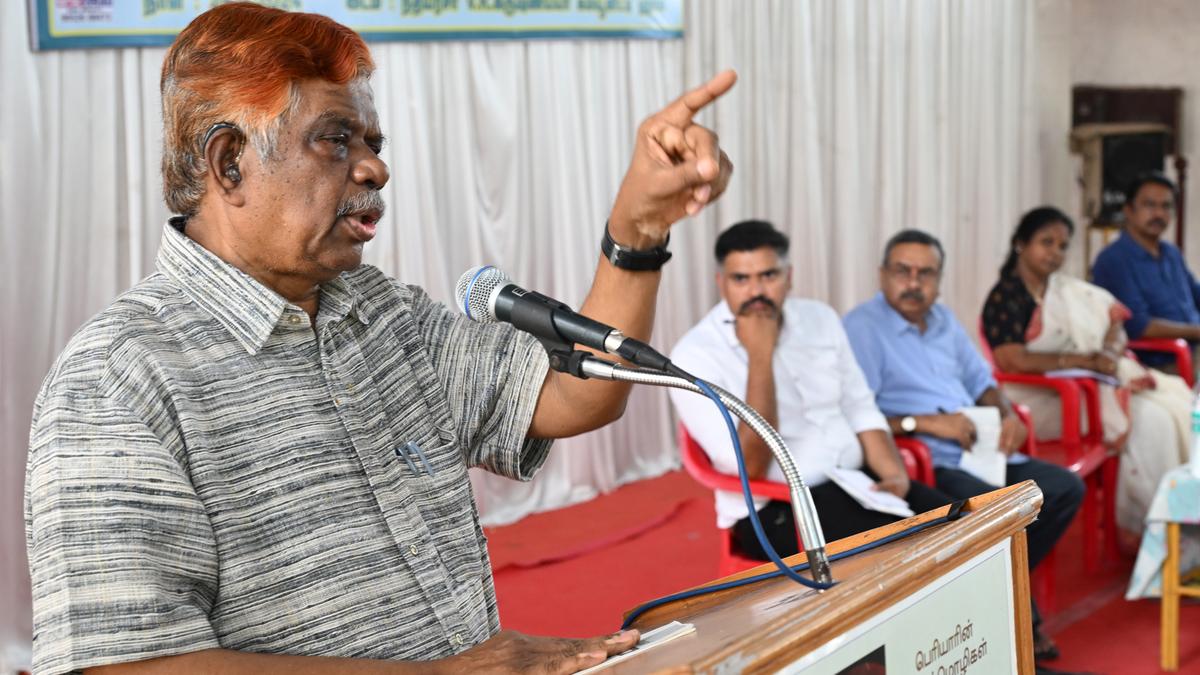 |
|
This article delves into the escalating tensions surrounding the interpretation of secularism in India, specifically in the context of Tamil Nadu. Former Madras High Court Judge K. Chandru has publicly condemned Tamil Nadu Governor R.N. Ravi's recent remarks regarding the concept of secularism, arguing that they violate the Governor's constitutional oath and undermine the integrity of the Indian Constitution. Ravi had asserted that the term 'secularism' is an European import and an interpolation within the Indian Constitution, a statement that has sparked controversy and ignited debate regarding the true essence of secularism in India.
Chandru's criticism of Ravi's remarks is rooted in the belief that the Governor's pronouncements directly contradict the oath taken upon assuming office, an oath that explicitly binds him to protect and defend the Constitution. Chandru's argument highlights the fundamental principle of secularism enshrined within the Constitution, a principle that guarantees equality and non-discrimination based on religious beliefs. By questioning the validity of secularism, Ravi, according to Chandru, is effectively challenging the very foundation upon which the Indian Constitution stands.
Beyond the debate on secularism, the article delves into the crucial issue of caste-based discrimination in educational institutions. Chandru, drawing upon his own experience as head of a committee investigating caste discrimination in schools, exposes the harsh realities faced by students from marginalized communities. He cites instances where school administrations actively resisted the appointment of Scheduled Caste individuals, even resorting to legal battles to perpetuate discriminatory practices. Chandru advocates for the implementation of his committee's recommendations aimed at eradicating casteist practices in education, emphasizing the need to educate students and address the deeply rooted casteist mentality within society.
Source: Former Madras HC Judge K. Chandru slams Governor’s remark on ‘secularism’
